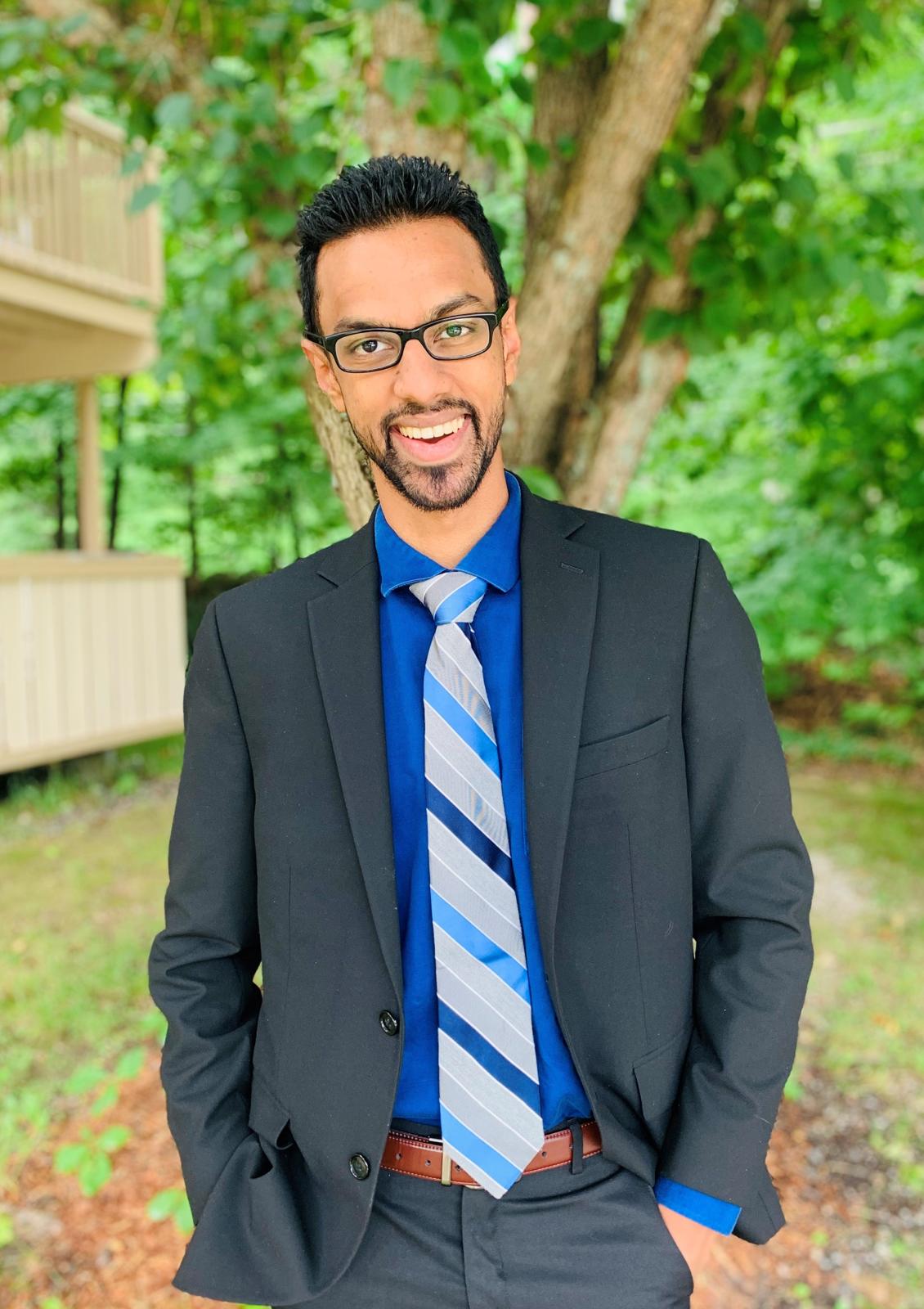From Purdue to McKinsey: A Practical Foundation from the PMP
From Purdue to McKinsey: A Practical Foundation from the PMP
When I enrolled in Purdue’s Professional Master’s Program (PMP) in Chemical Engineering in 2016, my goal was to broaden both my technical and industry knowledge. The coursework aligned well with the types of challenges I would eventually face. Now, nearly eight years into my role with McKinsey & Company’s Chemicals Practice, I can see how elements of the program have remained consistently relevant in a practical way.
Electives like Industrial Chemicals Technology and Financial Projects for the Chemical Industry stood out to me at the time for their applied focus. Concepts such as petrochemical value chains, cost breakdowns, and margin analysis are things I encounter frequently in my current work. These courses helped introduce the language and frameworks that continue to be useful in my role. Additionally, my position as teaching assistant in Separation Process Engineering (with Professor Phillip Wankat) gave me the confidence to share conceptual knowledge built during my undergraduate and graduate studies.
My capstone project, focused on Applications and Advances in Membrane Technologies for Gas Separations was another valuable aspect of the program. It offered an opportunity to apply technical and economic reasoning in a practical setting. That kind of structured thinking, especially around performance/property evaluation, cost breakdowns, and investment drivers, has remained applicable throughout my career.
Working within McKinsey’s Chemicals Practice has allowed me to deepen my expertise in sectors such as olefins, aromatics, other petrochemical intermediates, polymers, synthetic rubbers, and inorganic chemicals. Looking back, one of the more subtle benefits of the PMP was its emphasis on the business side of engineering. Topics such as project economics and financial terminology made it easier to step into discussions that blend technical insight with business context.
For current or prospective students, I recommend taking advantage of Purdue’s broader offerings, such as the Industrial Roundtable and résumé workshops opportunities. These experiences can help lay the groundwork for future career steps. Overall, the Professional Master’s Program in Chemical Engineering was a solid component of my early career path. It added valuable tools and exposure that have complemented my work experience.
Boiler Up!

